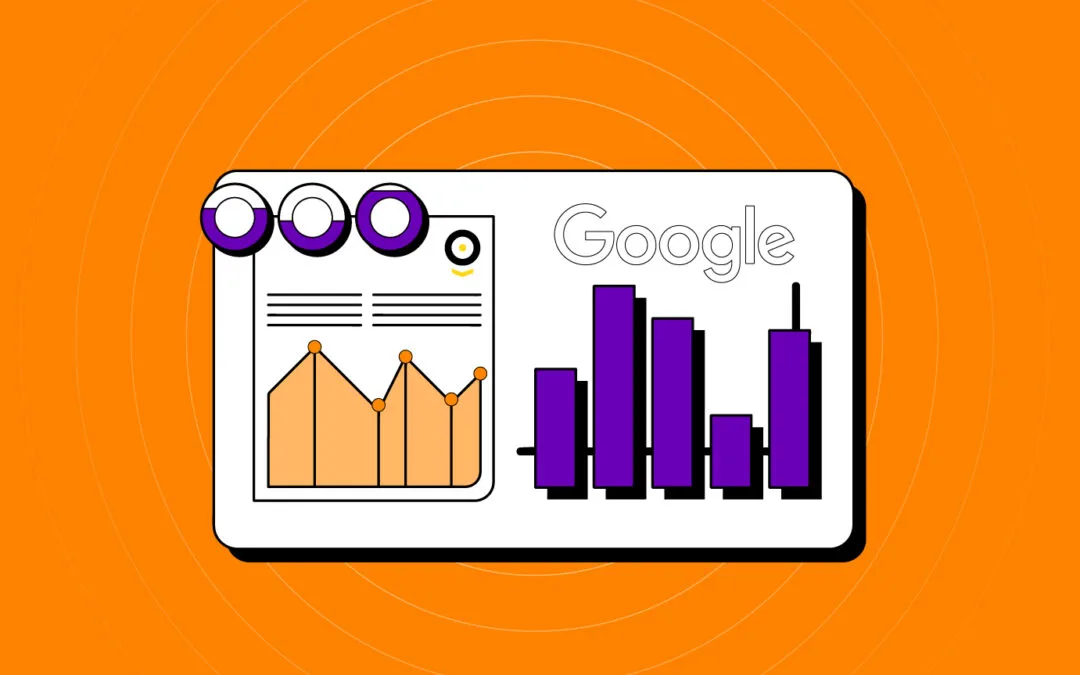What is Google Analytics
Google Analytics, or GA, is a free analytics tool that gives you an in-depth look at your website performance. It integrates with Google’s marketing and advertising platforms and products (including Google Ads, Search Console, and Data Studio) making it a popular choice for anyone using multiple Google tools.
It may have been installed by your website designer, or web developer, however in most cases Google Analytics is used by digital marketing and SEO agencies. It is very likely that your website has been configured to use Google Analytics and you don’t even know it. This is because is works in the background and silently collects data about your website visitors and sends the information to Googles servers. Google then correlate this data into meaningful results.
So what is happening with Google Analytics
Google Analytics (for now) is still free to use, however in March 2022, Google announced that they will deprecate Universal Analytics on July 1, 2023. if you set up your Google Analytics account before October 2020, you likely have Universal Analytics. This version of Universal Analytics is also called GA3.
GA3 will now be replaced replaced by a new version of Google Analytics called GA4.
What you need to know is that there is no automatic upgrade from GA3 to GA4. This means you’ll need to migrate to GA4 manually.
Am I using Google Analytics?
To determine if you have Google Analytics on your website we recommend visiting BuiltWith . Enter your website address then under the first tab, Technology Profile, look for the Analytics and Tracking title, and see if you have Google Analytics in the list.
If you don’t see Google Analytics in the list then you have nothing to migrate as you are not using Google Analytics. Although I suggest considering setting up a new GA4 account to start tracking data.
Am I using GA3 or GA4?
While still on the BuiltWith website, scroll until you see Google Analytics, under the Technology Profile tab. You’ll either have Google Universal Analytics, Google Analytics 4 or both.
If you have Google Analytics 4, then you are good go and no changes are needed. Your site is configured to use GA4 so Google is tracking your data. You should have access to this data by logging in using your Google account, or it may be managed for you by a third party.
If you have Universal Analytics then you site has GA3 configured , keep reading to find out how to upgrade.
How do I upgrade to GA4?
If you have a marketing agency looking after your site, they should be looking after this for you and there is no need to do anything.
If you don’t have anyone looking after your analytics, then you amy want to move to GA4 yourself.
First you need to create a new GA4 property in your Google account. If you are like many and have misplaced your Google accounts details then things get get a little tricky. There is no way to tell what Google account controls your analytics data so your best option is to looke long and hard for the details. Try logging into Google Analytics using every Google associated email address you have, until you find the account you’re after. If you have some other administrator or past employee look after your website they may be able to assist. If you have had a designer build your site contact them for assistance. If you bought the business from someone else, reach out to them.
Failing all that, you may need to start new and create a new Google account, or use an existing Google account that you have access to. You will then need to create the property then add your website and get follow the verification steps. This may mean editing your DNS details and/or your hosting configuration. Once verified you will need to create the analytics property to build your tracking code. Depending on your skills, this can be simple or complex as you have to re-create all your goals, tags and reporting settings. Finally you build a tracking code then needs to be embedded into your website.
Is this a complex process?, yes it is and can be frustrating so at this point you may want to reach out to your web developer of agency for assistance.
In any case , don’t miss out on updating your site to use GA4 as the insights you gain from Google analytics are invaluable.




